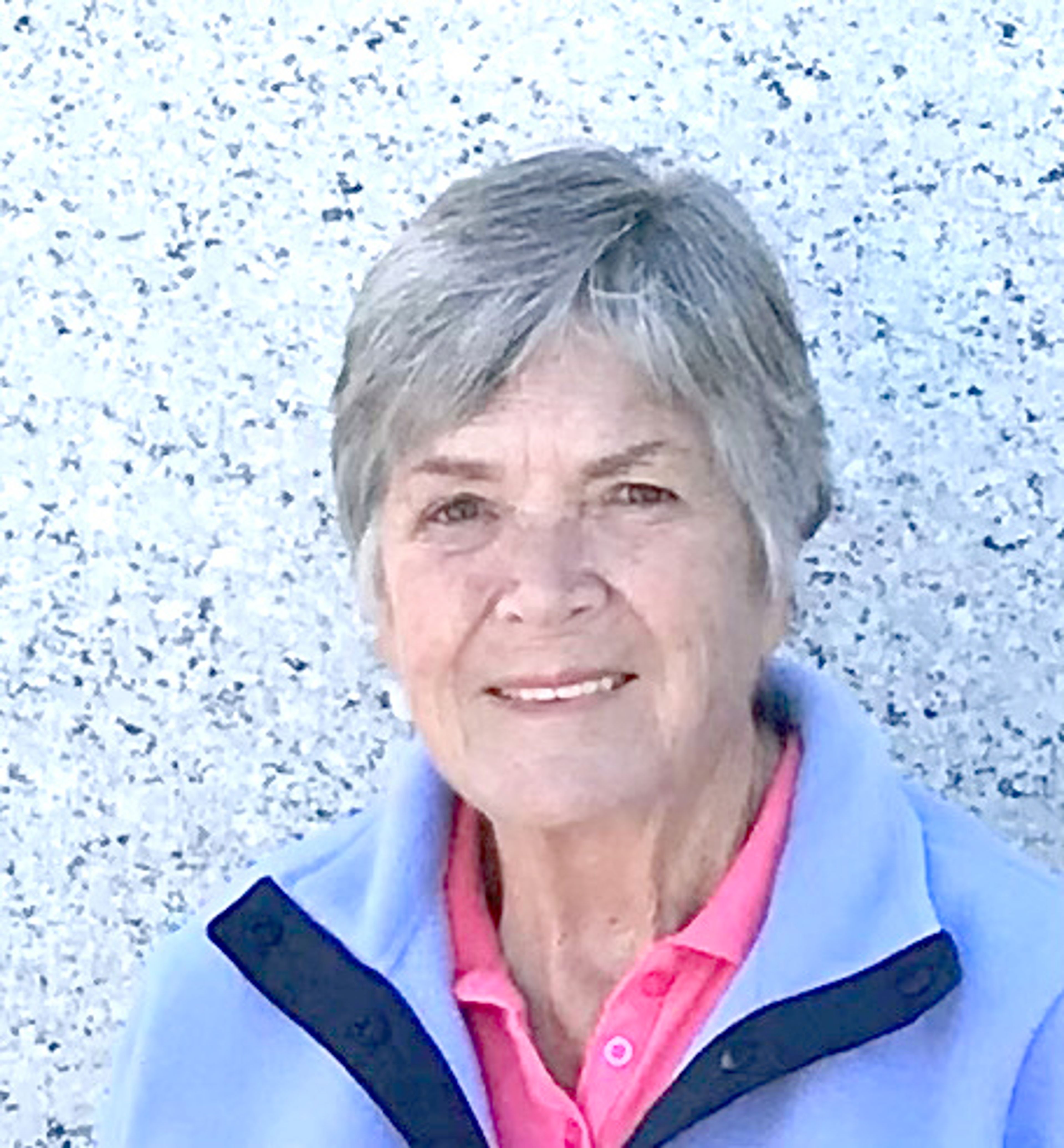This editorial was published by the News Tribune of Tacoma.
———
Can you imagine if one of the South Sound’s larger cities — say, Puyallup, University Place or Bonney Lake — was suddenly erased from COVID-19 data that the Tacoma-Pierce County Health Department shares with the public? The uproar would be swift and sure.
Losing the daily report of confirmed positive cases, death counts and other fast-moving demographic data for a city that size would create a huge blind spot. It would result in a black hole of public-health information affecting tens of thousands of people.
But that’s exactly what happened this month. In what we wish was an April Fool’s Day joke, the Department of Defense announced it had begun withholding coronavirus data for individual military installations.
Now Joint Base Lewis-McChord has fallen into a black hole and South Sounders have lost sight of how the disease is circulating in one of the largest local population centers. JBLM has roughly 25,000 residents in base housing, dorms and barracks. On a typical workday, it grows into a hive of 54,000 people.
Soldiers, airmen, family members, civilian employees and retirees are free to come and go with their DOD identification cards — an exchange of commerce and culture in good times, a potential vector of infectious disease in bad.
The Pentagon should reverse course and lift the camouflage. Its favorite reason for keeping secrets — national security — seems dubious in this situation. And concealing information of intense community interest from JBLM’s neighbors is no way to foster trust and transparency.
We’re not alone in saying this. Officials such as Sen. Patty Murray, D-Wash., and a pair of former military base leaders also question the policy change.
Local health officials, by contrast, haven’t raised objections. They continue to receive some COVID-19 data from JBLM. They just no longer share it in their daily public reports.
“It adds to our overall understanding of the disease in Pierce County and to our overall guidance for them in how they tackle the virus on base,” Health Department spokesperson Edie Jeffers told us.
She added that if any of the thousands of military personnel and families living off base get sick, they’re included in the public reporting for the community where they reside.
JBLM’s first two reported cases of COVID-19 were a service member and spouse living off base. The couple’s positive test results were confirmed by JBLM officials March 10; over the next few weeks, the base reported a total of six cases before the Pentagon imposed its blackout, citing an unspecified “concern for operational security with regard to readiness.”
Are DOD officials worried that any acknowledgment of sick or quarantined soldiers would invite a “Red Dawn”-style invasion by a foreign adversary? The imagination runs wild.
The Pentagon does continue to release aggregate COVID-19 cases across the whole military; as of Friday they’d climbed to 6,213, including service members, civilians, contractors and dependents. Senior leaders suspect there could be thousands more carriers without symptoms; they plan to have all troops tested by summer, according to the Military Times.
It’s not unreasonable to conclude that the disease, which President Donald Trump likes to call “the invisible enemy,” has gained ground at JBLM and Camp Murray, as well as Washington’s other military installations: Naval Base Kitsap, Naval Air Station Whidbey Island and Fairchild Air Force Base.
Much about the coronavirus and its transmission patterns remain a mystery. The least military officials should do is share what they do know with their host communities.
Sen. Murray told us in a statement Thursday that she’s “deeply disturbed” by the non-disclosure policy and is pressing Defense Secretary Mark Esper to clarify the reasons for it.
Meantime, retired Army Maj. Gen. Paul Eaton told us in an interview that he’s also troubled by the policy shift, seeing it as a sign of Esper’s poor leadership. Eaton, a Fox Island resident, knows something about building credibility with local communities as a former commander at Fort Benning, Ga.
“You cannot violate their trust,” said Eaton, who twice served at Fort Lewis (1985-90, 2000-01). “It takes a long time to establish trust, and once you fracture it, it takes a long time to rebuild.”
His concerns echo those of former Puget Sound Naval Shipyard Executive Director Steve Anderson. Like Eaton, he fears suppressing the data could fuel public distrust and says the rationale for it is weak.
“It is hard to fathom that Puget Sound Naval Shipyard coronavirus cases are a high priority with our enemies,” Anderson wrote in a letter to the Kitsap Sun newspaper.
The Pentagon should return to its previous policy. Service members, veterans, retirees and local government leaders could help by calling for release of the information.
It’s unacceptable to let JBLM, the West Coast’s largest military base, be swallowed by a black hole.
———
The Idaho Freedom Foundation did not release the address of a Meridian police officer last week when it posted the officer’s name and face on Facebook.
Sunday’s editorial relied on an account published Friday in the Idaho Press of Nampa.








